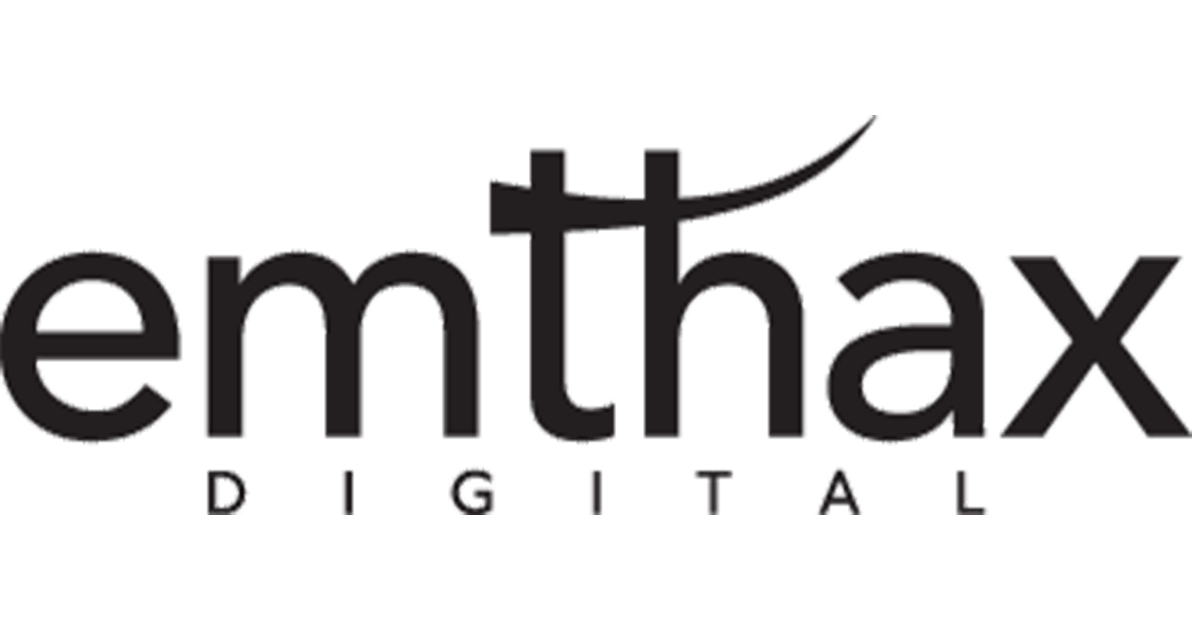Jargon Buster
A potted guide to jargon and acronyms in the digital world
WEBSITE JARGON
CSS = Custom Style Sheet: this is for the experts, just ignore!
CTA = Call to Action. A button in other words e.g. Add to Basket or Contact Us
Domain name: this is your website address e.g. emmas-crafts.co.uk
GDPR = General Data Protection Regulation: this is the EU law that is being honoured by the UK after Brexit that means all site owners
MUST tell site visitors that cookies are used on their website and to ask their consent. Cookies are used both to track a customer through the purchase process (making sure the correct information is sent from stage to stage) and for marketing e.g. a cookie is attached to a visitor that can then show the visitor an ad for your site when they are browsing somewhere else. This law also rules that a website must ask and get permission from a customer to send out marketing emails later. The customer must actively tick a box saying ‘yes, I want to receive email’ before you can send them one.
Meta: (not the new business name for Facebook and Instagram...) Simply, this refers to the part of the process of making your site present well on Google’s pages where you insert titles and descriptions of the site and its pages. These are called Meta Titles and Meta Descriptions.
SEO = Search Engine Optimisation: You want your site to be listed by Google and Microsoft, and have heard that you must use keywords competitively on your website to get as high up the ranking as possible. For the small business, I think it’s more important to get your website to be as user friendly as possible with concise, descriptive text about you and your products then attract people to it by other means. Chasing SEO with keywords is time consuming and may make your site read weirdly.
SSL = Secure Sockets Layer! This is a piece of tech that makes your site safer from hackers. It’s a must-have, not only if you’re taking payments or names and addresses, but also because Google rewards you for having it.
URL = Unique Reference Language also known as your website address or domain.
MARKETING JARGON
CPC = Cost per click: This is when you are running an advert and tells you how much you’ve spent for every person that has clicked on it
CRM = Customer Relationship Management: anyone who has interacted with your business should be nurtured because they might do so again. CRM is managing how you store any customer information, how to interact with them, planning emails to send to them etc.
CTR = Click Through Rate: Conversion rate: the percentage of people who click on a post or an ad and ‘convert’ i.e. contact you to do business or buy from you. This helps you to judge what content has been successful.
GA = Google Analytics. Many of the site builder platforms have their own page showing you how many visits you’ve had etc. But, once you start marketing on Facebook or sending out sales emails, you should try to understand how many people have responded to you, if they’ve bought anything etc. This is where Google Analytics comes in, it’s very comprehensive and used by a lot of the big websites,
but is usable by us smaller businesses too.
KPI = Key Performance Indicators. An industry favourite, it just means you need to identify what is most valuable to you from your online activity – clicks through to your webste, actual sales of bookings etc.
PPC = Pay Per Click: a way of describing an ad that you pay for.
SEM = Search Engine Marketing. To get your site listed at the top of a search page, the easiest route is through a paid ad set up with Google and Bing (Microsoft)
Touchpoints:
I don't know why this irritated me so much, but it is a meh word if you ask me. It's used to describe anywhere that a customer may come across you (social media, website, in your shop etc.).




